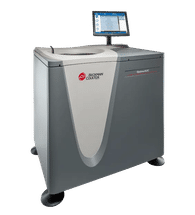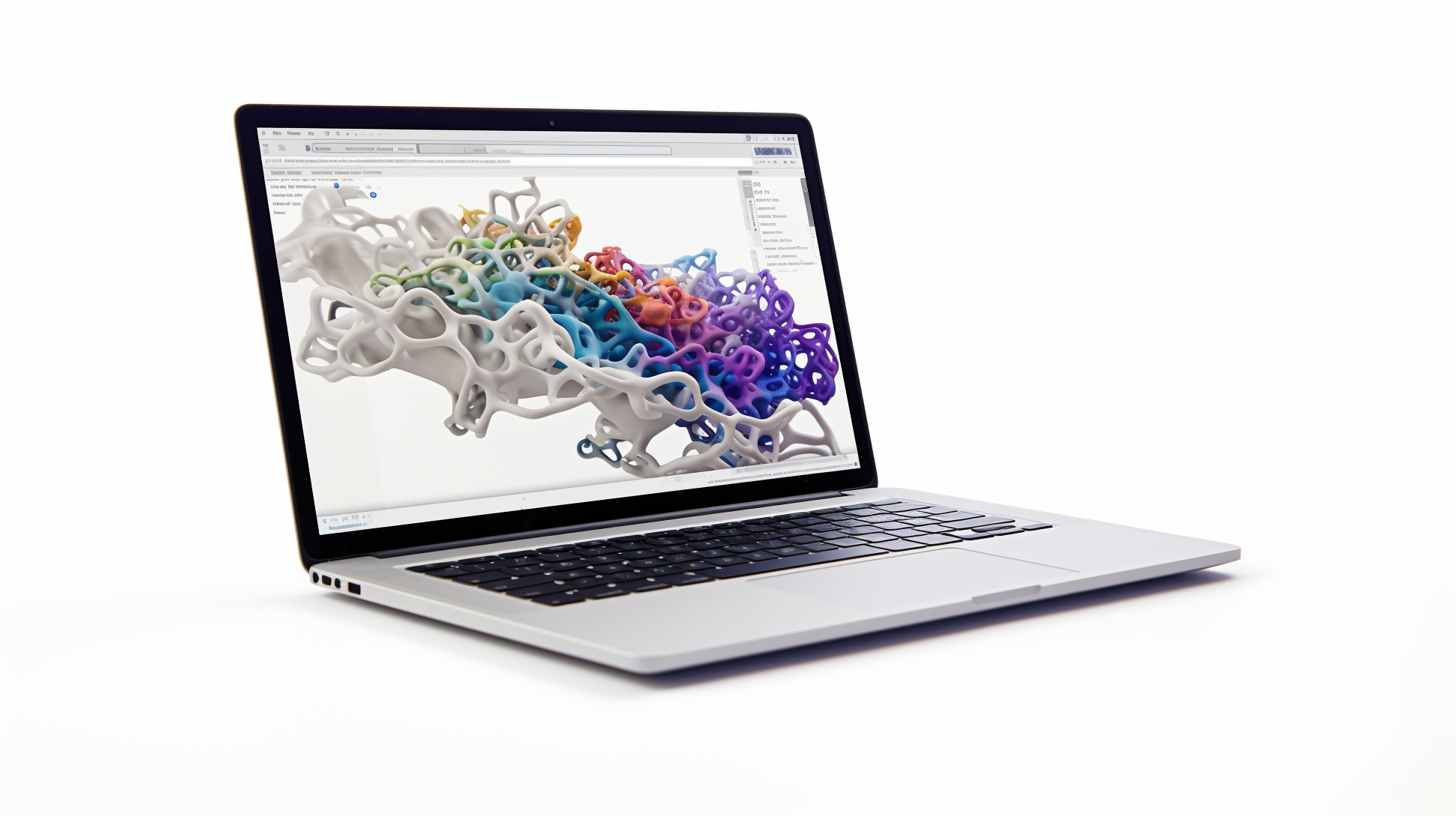
Beckman Coulter
Analytische Ultrazentrifuge (Optima AUC)
ideal for characterizing dispersed macromolecules and nanoparticles

For almost a century, analytical ultracentrifugation (AUC) has been one the most versatile and accurate methods available to characterize proteins, macromolecules, nanoparticles and other heterogeneous solutions. It provides data for the determination of molecular weights and the weights of complexes as well as size, size distribution, stoichiometry and many thermodynamic parameters. This technology delivers a wide spectrum of data for molecules and particles moving freely, either in the formulation buffer or solvent.
As an orthogonal method, analytical ultracentrifugation provides further information for methods such as size-exclusion chromatography (HPLC-SEC), light scattering methods, mass spectrometry or electron microscopy, thus allowing for a highly optimized method validation. The Optima AUC with its new multi-wavelength absorbance optics, resulting from decades of innovation and research at Beckman Coulter, has led to an entirely new generation of analytical ultracentrifuges.
Product classification Analytische Ultrazentrifuge (Optima AUC)
Product categories
Applications
Manufacturers of similar products
Advertisement




